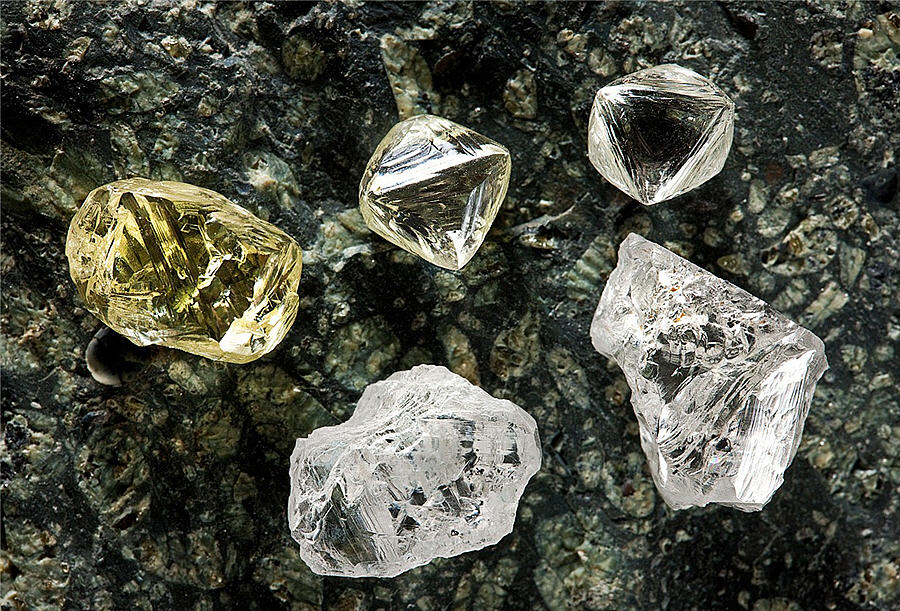Diamond exploration hits a new low — even as rough prices soar

Globally, exploration for diamonds has nearly ground to a halt. In Canada last year, coal exploration attracted more spending than diamond exploration ($61 million vs. $50 million), which fell 21% from the previous year, hitting a 20-year low.
Adding to this downward momentum, in June, Rio Tinto suddenly pressed pause on its 75%-owned Fort à la Corne (Star-Orion South) diamond joint venture in Saskatchewan. After pouring more than $180 million over the past six years into a bulk-sampling program and other work to evaluate the project, Rio Tinto told JV partner Star Diamond it would not be spending more money this year “beyond what is necessary for care and maintenance.” Star Diamond, which holds 25% of the large but low-grade project, said that Rio also advised that it “intends to conduct a near-term review of its alternatives regarding the project, including its potential exit.”
It’s not clear yet what Rio Tinto will ultimately decide to do. But further investment, rather than pulling back, would have given the sector a much-needed shot in the arm. And the company, which saw its Argyle mine in Australia close in late 2020, certainly needs to replace that production and would be motivated to make the project work, if possible.
While the diamond trade and diamond prices were devastated by the pandemic, prices have made a strong comeback (in part benefiting from uneven efforts globally to avoid purchasing diamonds mined by Russia’s Alrosa). De Beers reported a 58% rise in its average selling price to US$213 per carat for rough diamonds in the first half of the year, and its rough price index rose 28% compared to the same period of 2021.
That’s not likely to help revive exploration immediately, however.
The fact is that there have been too many surprises in diamond development around the world, which have shattered investor confidence.




